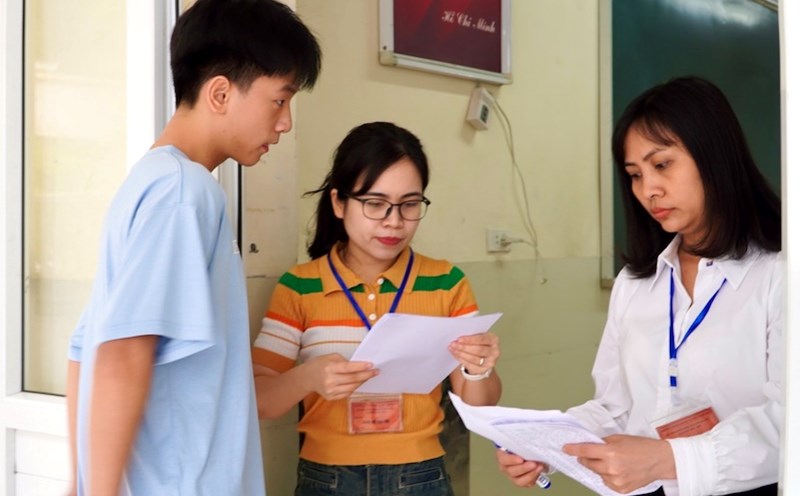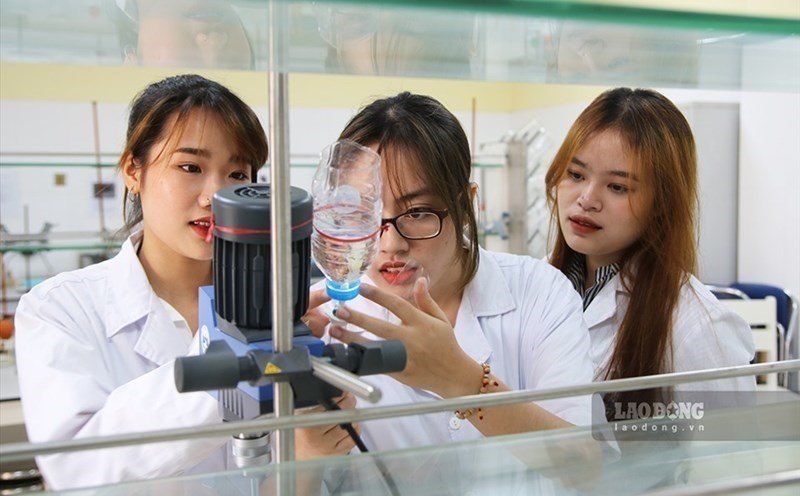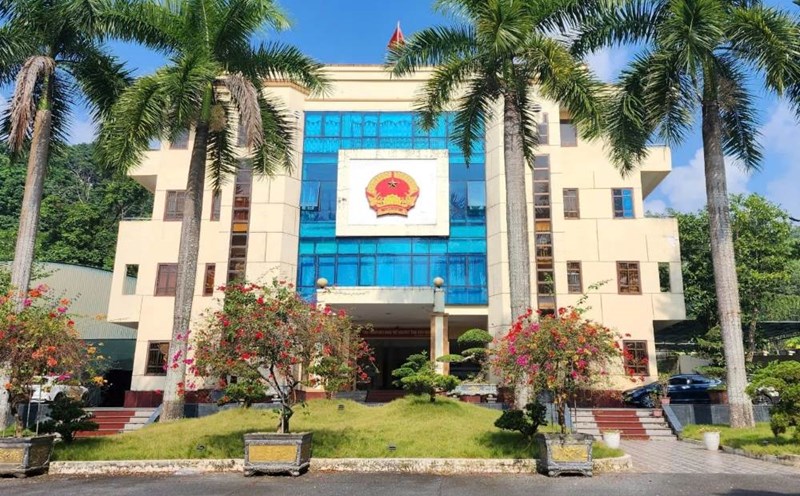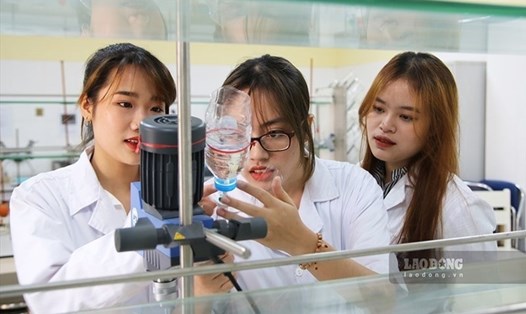Reduce admission methods
A notable new point in the admission plans of some schools has been announced. Many schools plan to reduce admission methods, including considering academic records.
Ho Chi Minh City University of Education will maintain three main admission methods from 2025, including: Considering high school graduation exam scores; organizing and considering specialized competency assessment exam scores; direct admission and priority admission.
In particular, the school will eliminate the form of combined consideration with academic transcripts and considering specialized competency assessment scores organized by the school. Instead, this exam will be used for independent admission for more than 30 majors of the school.
According to Ho Chi Minh City University of Education, the removal of the high school transcript admission requirement is aimed at meeting the needs of students studying under the new program from the general perspective of ensuring fairness, transparency, creating favorable conditions for candidates and ensuring improved input quality, meeting the requirements of the modern labor market.
Similarly, from 2025, Ho Chi Minh City National University will reduce admission methods to 3 methods, including: direct admission, admission based on the results of the school-organized capacity assessment exam, and admission based on the results of the high school graduation exam.
The reduction of this admission method is supported by member universities of Ho Chi Minh City National University, which believes it will be fairer and less confusing for candidates.
Dr. Pham Thanh Ha - Head of Training Department of the University of Transport - said that in 2025, the school plans to maintain the general training target for the whole school but will adjust it to prioritize training programs/majors related to the fields of high-speed railways and urban railways, and microchips - semiconductors.
The University of Transport will maintain the same admission methods and combinations as last year. However, after the Ministry of Education and Training (MOET) officially issued the 2025 admission regulations, Dr. Pham Thanh Ha said that the school will make appropriate adjustments to ensure fairness and efficiency in admission.
Increase the number of admission combinations
In 2025, National Economics University will still use 3 admission methods in 2025: Direct admission; combined admission and admission by high school graduation exam scores.
With the method of considering high school graduation exam scores, the school only uses 4 admission combinations: A00 (Math, Physics, Chemistry), A01 (Math, Physics, English), D01 (Math, Literature, English) and D07 (Math, Chemistry, English) instead of 9 combinations as in 2024.
The University of Economics and Law, Vietnam National University, Ho Chi Minh City announced the 2025 enrollment orientation with 4 groups of subjects for admission, including: Math, English, Literature; Math, English, Physics; Math, English, Informatics; Math, English, Economic and Legal Education.
In particular, the school has included in the admission combination 2 new subjects of the 2018 General Education Program, including: Information Technology, Economic and Legal Education.
In 2025, Ho Chi Minh City University of Industry and Trade plans to recruit a number of new combinations, including group C.
The additional combinations are as follows: C00 (Literature, History, Geography); C01 (Literature, Math, Physics); C02 (Literature, Math, Chemistry); C14 (Math, Literature, Economic and Legal Education).
According to the school, adding a number of admission combinations, including group C, aims to create opportunities for candidates with a foundation in group C to access many different professions at the school.
Similarly, in 2025, Ho Chi Minh City University of Education will adjust the admission combination to match the high school graduation exam subjects, while maintaining the admission combinations of 2024.
Accordingly, the school will adjust the combinations that are no longer suitable, such as eliminating combinations with exams in Natural Sciences, Social Sciences, etc. and adding new combinations with subjects in Economic and Legal Education, Information Technology, Technology, etc.











